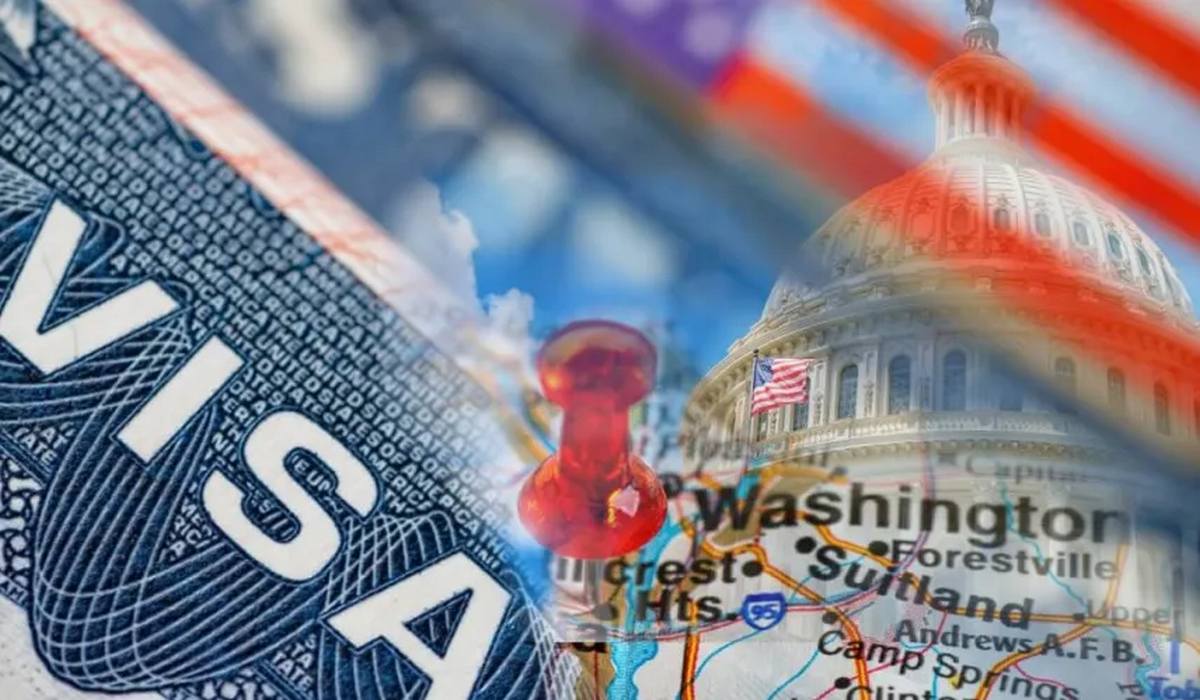As the countdown to the 2026 FIFA World Cup accelerates, the United States has introduced a major initiative aimed at easing travel for international football fans. On November 17, 2025, President Donald Trump and FIFA President Gianni Infantino unveiled the “FIFA Pass” — a program designed to give verified ticket holders priority access to US visa appointments and help them avoid months-long waiting times.
The launch comes at a pivotal moment. The 2026 World Cup, jointly hosted by the US, Mexico, and Canada from June 11 to July 19, will be the largest in history, featuring 48 teams and 104 matches. Organizers expect 5 to 10 million visitors, with 11 of the 16 host cities located in the United States. With powerhouse teams like France, Brazil, and Argentina already qualified, projections suggest the event may surpass the 1994 World Cup in both attendance and economic impact.
What the “FIFA Pass” Actually Does
The new FIFA Prioritized Appointment Scheduling System allows fans who purchased tickets through official FIFA channels to request expedited visa interviews at US embassies and consulates worldwide.
During the White House announcement, Trump called the program a “game-changer for real football fans,” emphasizing that anyone planning to attend the tournament should “apply right away” to avoid processing delays. Infantino echoed this, saying the initiative provides “the best possible conditions” for ticket holders, and predicted overall ticket sales could reach 6–7 million.
To handle the expected volume, the US State Department has already deployed more than 400 additional consular officers, doubling staffing at key diplomatic posts.
But US leaders were careful to clarify the program’s limits. Secretary of State Marco Rubio reminded applicants:
“A ticket is not a visa.”
Fans will still undergo full background checks, interviews, and standard security screening — and can still be denied entry under existing immigration criteria.
Balancing Diplomacy, Security, and a Global Event
The announcement comes amid scrutiny of US entry restrictions. Since June 2025, the Trump administration has implemented travel bans for citizens of 12 countries — mostly in Africa and the Middle East — and imposed additional restrictions on seven more. Officials insist World Cup teams will not be affected, yet recent cases, such as Senegal’s women’s basketball team canceling a training camp due to visa delays, highlight the system’s ongoing challenges.
Critics argue the FIFA Pass does not address the broader strain on US visa processing, especially in regions like South Asia and Latin America where interview wait times can exceed six months.
Trump has added further controversy by suggesting that FIFA could relocate matches from cities he considers “problematic.” Seattle, set to host six games, was singled out — prompting backlash from local officials. Although only FIFA can change venues, the comments underline tensions between national policy and international expectations.
Meanwhile, the White House’s FIFA 2026 Task Force continues coordinating infrastructure, security, and tourism campaigns, framing the World Cup as a defining moment that coincides with America’s 250th anniversary.
What the Program Means for Traveling Fans
For supporters hoping to watch Messi play in Miami or Mbappé light up New York, the FIFA Pass may significantly reduce visa wait times — in some cases from half a year to just a few weeks. A dedicated online platform will link each applicant’s ticket purchase to their visa appointment request.
Qualified teams and fans are already gearing up for the December 5 draw in Washington, DC, which is expected to ignite global excitement.
Economically, the stakes are enormous. Analysts predict the tournament could generate $5 billion in revenue across host cities, benefiting hotels, airlines, restaurants, and local businesses from Los Angeles to Vancouver.
Yet success hinges on execution. If the system functions smoothly, it could reinforce the US as a welcoming global host. But if delays or technical failures occur, it risks damaging both the country’s reputation and the World Cup experience for millions.
As Trump highlighted, ticket sales are already breaking records. With just seven months to go, fans are encouraged to secure their tickets, apply early, and prepare for the largest sporting event ever held in North America.

